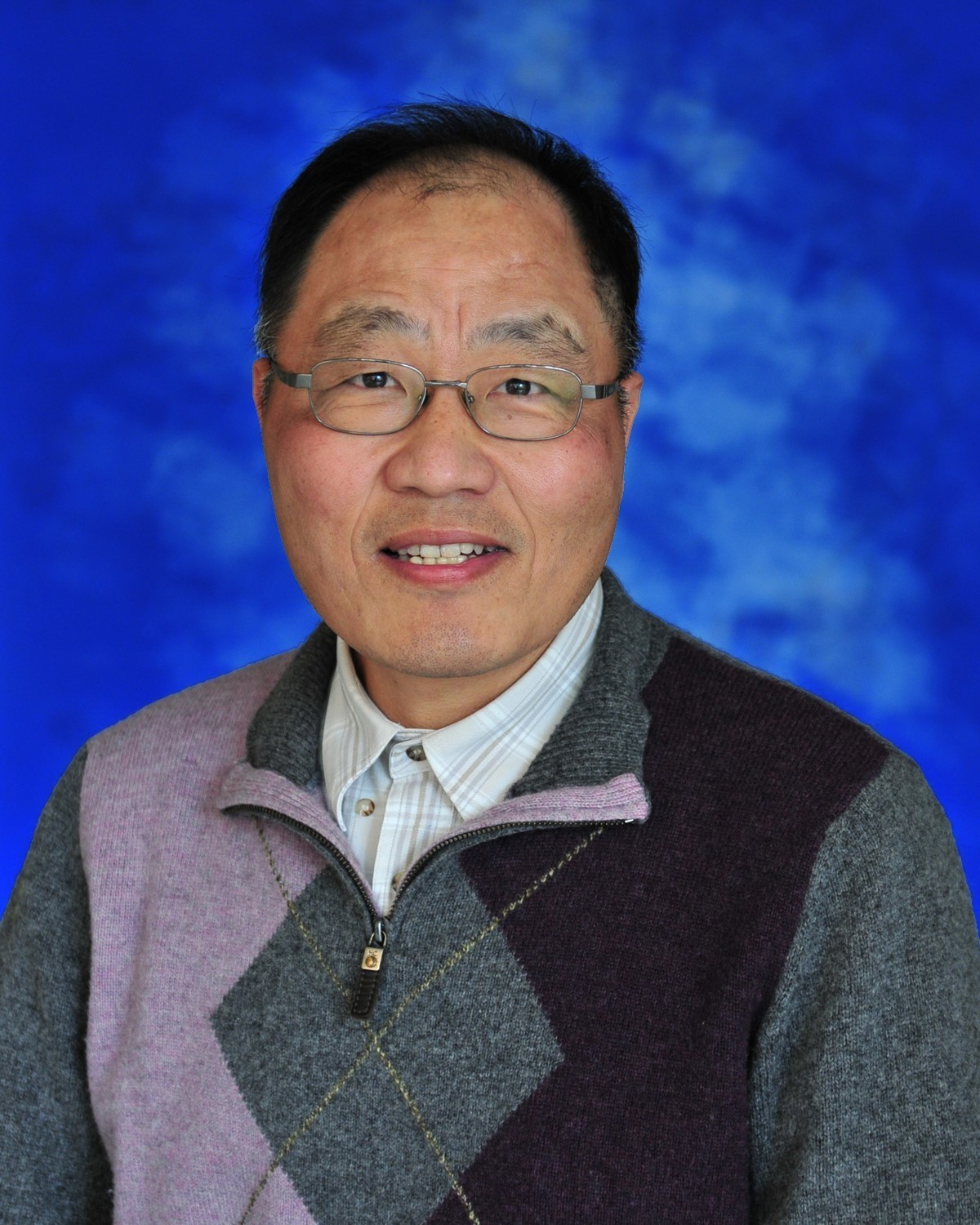
|
Prof. Chong-Yung ChiNational Tsing Hua University
IEEE Fellow, AAIA & AIIA Fellow
Prof. Chong-Yung Chi received a B.S. degree from Tatung Institute of Technology, Taipei, Taiwan in 1975, a M.S. degree from National Taiwan University, Taipei, Taiwan in 1977, a Ph.D. degree from the University of Southern California, Los Angeles, CA, USA, in 1983, all in electrical engineering. He is currently a Professor at National Tsing Hua University, Hsinchu, Taiwan. He has published more than 240 technical papers (with citations more than 7500 times by Google-Scholar), including more than 90 journal papers (mostly in IEEE TRANSACTIONS ON SIGNAL PROCESSING), more than 140 peer-reviewed conference papers, 3 book chapters, and 2 books, including a textbook, Convex Optimization for Signal Processing and Communications: From Fundamentals to Applications, CRC Press, 2017 (which has been popularly used in a series of invited intensive short courses at 10 top-ranking universities in Mainland China since 2010 before its publication). His current research interests include signal processing for wireless communications, convex analysis and optimization for blind source separation, biomedical and hyperspectral image analysis, graph-based learning and signal processing, and data security and privacy protection in machine learning. Dr. Chi received the 2018 IEEE Signal Processing Society Best Paper Award, entitled “Outage Constrained Robust Transmit Optimization for Multiuser MISO Downlinks: Tractable Approximations by Conic Optimization,” IEEE Transactionson on Signal Processing, vol. 62, no. 21, Nov. 2014. He has been a Technical Program Committee member for many IEEE-sponsored and cosponsored workshops, symposiums, and conferences on signal processing and wireless communications, including Co-Organizer and General Co-Chairman of the 2001 IEEE Workshop on Signal Processing Advances in Wireless Communications (SPAWC). He was an Associate Editor (AE) for four IEEE Journals, including IEEE TRANSACTIONS ON SIGNAL PROCESSING for 9 years (5/2001-4/2006, 1/2012-12/2015), and he was a member of Signal Processing Theory and Methods Technical Committee (SPTM-TC) (2005-2010), a member of Signal Processing for Communications and Networking Technical Committee (SPCOM-TC) (2011-2016), and a member of Sensor Array and Multichannel Technical Committee (SAM-TC) (2013-2018), IEEE Signal Processing Society.
|

